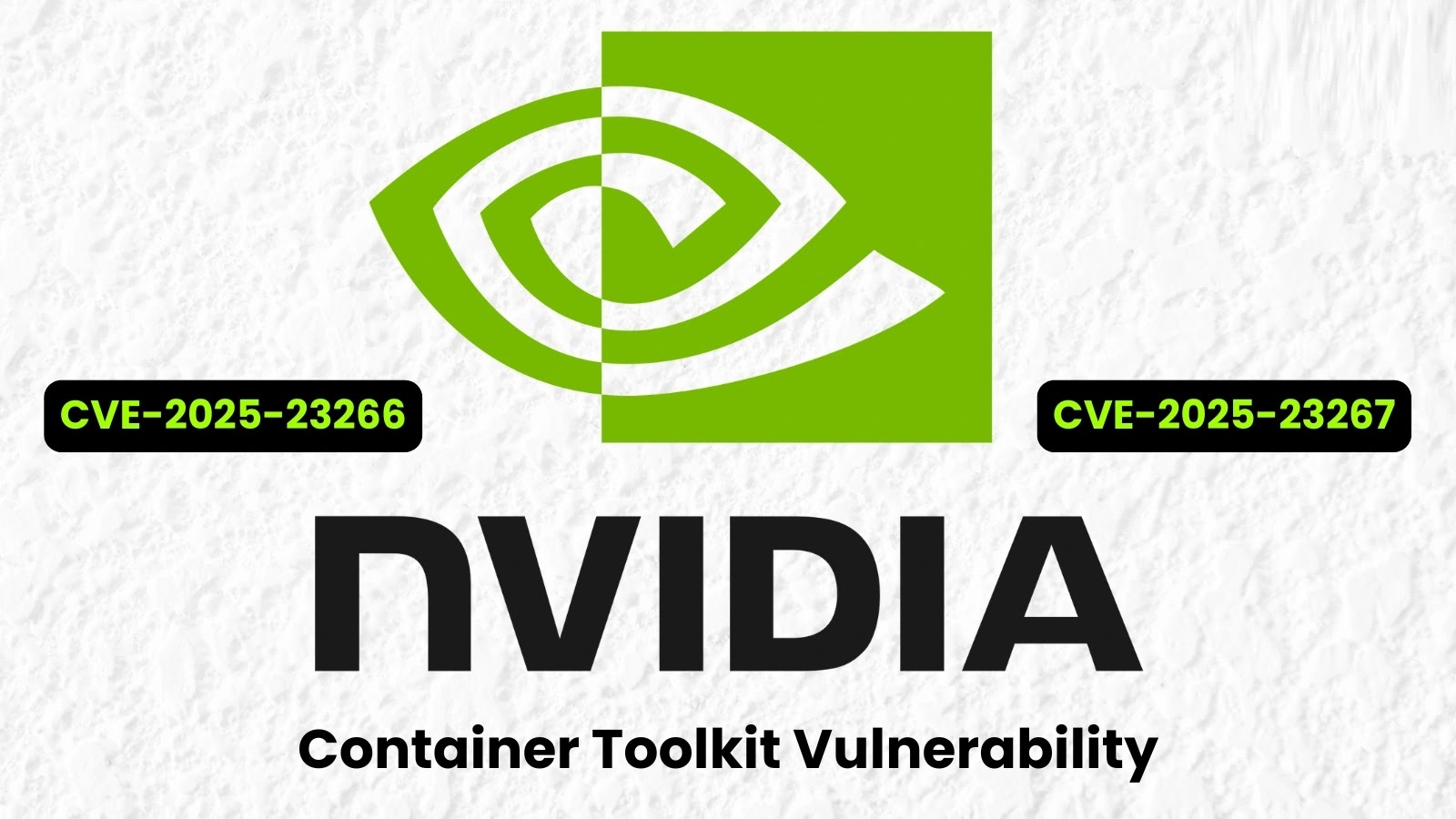In early July 2025, a severe security vulnerability was discovered in the PC version of Call of Duty: WWII, particularly affecting players accessing the game through Xbox Game Pass. This flaw, known as a Remote Code Execution (RCE) exploit, allows malicious actors to remotely control players’ computers during online multiplayer sessions.
Understanding the RCE Exploit
A Remote Code Execution exploit enables attackers to run arbitrary code on a victim’s machine without their consent. In the context of Call of Duty: WWII, this means that during online matches, hackers can execute commands on other players’ PCs, leading to unauthorized access and control.
Reports from Affected Players
Players have reported alarming incidents where, during gameplay, their systems were compromised. These unauthorized actions include:
– Forcing the game to crash.
– Opening applications like Notepad to display messages.
– Changing desktop backgrounds to inappropriate images.
– Initiating system shutdowns or restarts.
– Downloading and executing malicious files without consent.
These incidents have raised significant concerns about the safety of playing Call of Duty: WWII on PC platforms.
Technical Root of the Vulnerability
The primary cause of this vulnerability lies in the game’s use of peer-to-peer (P2P) networking for multiplayer matches. In a P2P setup, one player’s machine acts as the server, exposing their system to potential exploits. This architecture can inadvertently provide entry points for attackers to inject malicious code into other players’ systems.
Activision’s Response and Current Status
In response to these reports, Activision has taken the PC version of Call of Duty: WWII offline to investigate the issue. The development team announced that they are looking into the reports of the vulnerability and are working on a solution. As of now, the game remains unplayable on PC via the Microsoft Store or Game Pass.
Implications for Players
This incident underscores the importance of robust security measures in online gaming. Players are advised to:
– Avoid playing Call of Duty: WWII on PC until an official fix is released.
– Ensure their systems are updated with the latest security patches.
– Use reputable antivirus and firewall software to protect against potential threats.
– Stay informed by following official channels for updates on the situation.
Broader Context of RCE Exploits in Gaming
RCE vulnerabilities are not unique to Call of Duty: WWII. Other games have faced similar issues, highlighting a broader challenge in the gaming industry. For instance, the Dark Souls series experienced RCE vulnerabilities that led to the suspension of PC servers to address the security flaws. These incidents emphasize the need for continuous security assessments and prompt responses to emerging threats in online gaming environments.
Conclusion
The discovery of the RCE exploit in Call of Duty: WWII serves as a critical reminder of the potential risks associated with online gaming. Both developers and players must remain vigilant, prioritizing security to ensure a safe and enjoyable gaming experience. As the situation develops, affected players should monitor official communications from Activision for updates and guidance.



